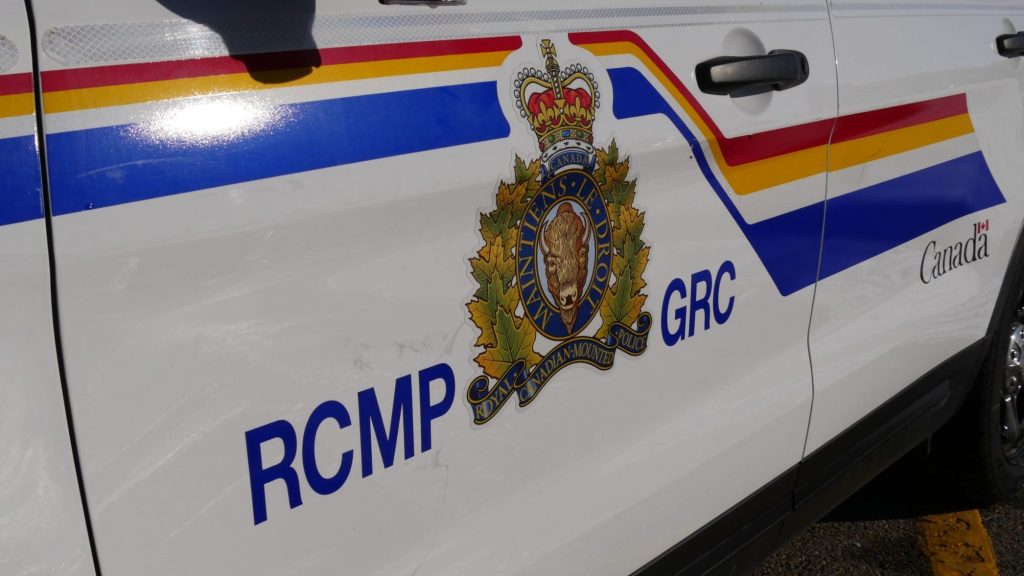Man dies after falling through ice, 2nd fatal incident in Alberta over holidays: RCMP

Posted Dec 27, 2023 4:44 pm.
A 61-year-old man fell through the ice of the Bow River to the west of Calgary on Christmas Day and died, according to RCMP.
Stoney Nakoda RCMP received a report about a man in the water near the bridge in Mînî Thnî, formerly known as Morley, roughly 40 minutes away from the city on Dec. 25.
When emergency personnel arrived, the man was already under water, they say, and a rescue boat team was unable to find him.
Const. Kelsey Davidge tells CityNews the man was recovered dead from the river on Dec. 26.
Mounties believe he was taking photos before he fell through.
This is the second fatal incident in Alberta recently due to ice stability.
An Edmonton family who was reported missing over the holidays was found dead in Alberta Beach in Lac Ste. Anne County.
The search and rescue efforts were conducted near the Alexis Bridge, off Range Road 40A, by Parkland RCMP, Lac Ste. Anne County Fire Service and an underwater recovery team.
Read More: Missing Edmonton family found dead: RCMP
As a result, Davidge says RCMP are giving the public a warning and a reminder to practise ice safety this winter.
“With those changing weather conditions and above-average temperatures for this time of year, it’s hard to tell the strength or thickness of the ice as it appears,” she said
“We always want to remind you to keep an eye on the weather as again those ice surfaces are unpredictable.”
She says to not travel on over ice in early and late winter “when conditions are more likely to be dangerous,” and to avoid slushy, thawed, recently refrozen ice, or ice near moving water.
In addition, she says to avoid going on the ice at night as reduced visibility increases the risk of falling through, and to not drink alcohol and travel on ice as “alcohol impairs judgment and reduces your ability to stay warm in cold conditions.”
More advice from Mounties includes checking the ice for thickness and stability.
“The colour of ice may be an indication of its strength — clear blue to black ice is strongest, and likely the deepest. You should only skate or walk on ice that is 15+ cm thick, 20+ cm for a group of people and 25+ cm for off-highway vehicles. White opaque or snow ice should be avoided, grey ice indicates the presence of water and is unsafe to stand on,” a news release from RCMP reads.
They say not to travel on the ice alone, and to leave a trip plan with someone that includes where you’re going, for how long, and when you will be back.
“If you are unable to leave a trip plan with someone, leave a note on your car windshield,” Mounties said.
They also say to carry a safety kit that includes a lighter, waterproof matches, fire-starting materials, a pocket knife, whistle, and a cellphone in a waterproof pouch.
“Changing weather conditions can also affect ice from day to day. So, remember, if in doubt, don’t go out,” Davidge said.
For those in need of emergency services, RCMP say to dial 911.








